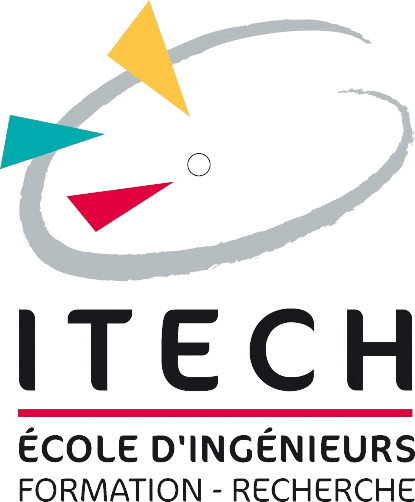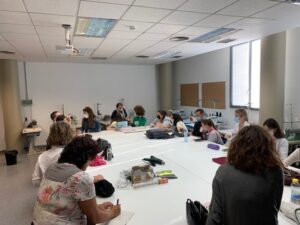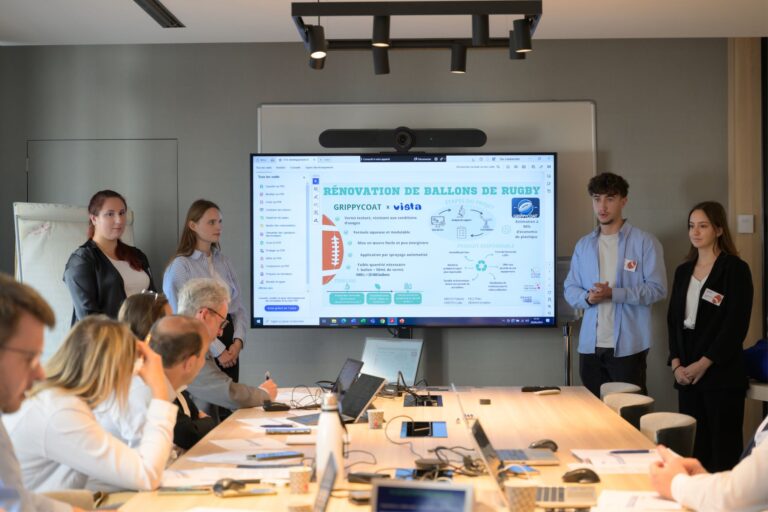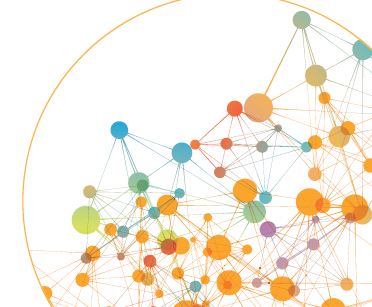The Haute École Francisco Ferrer (HEFF) in Brussels is leading an innovative project under the Erasmus+ program, aimed at developing ideas into industrializable products. This initiative, funded by the European Union, collaborates with several partners, including the ESNE in Madrid, which specializes in design and fashion, and ITECH Lyon, renowned for its expertise in materials, particularly textiles. Additionally, the European Space Agency (ESA) based in Luxembourg is involved as a non-academic partner.
Sustainability and Social Responsibility
The project emphasizes the importance of addressing sustainability and social responsibility (SD&SR) within its framework. Teams are tasked with assessing the environmental impact of the raw materials they use and the entire development process. They must ensure recyclability or consider ways to repurpose the product at the end of its life cycle. Moreover, the initiative aims to meet urgent societal needs, challenging traditional notions of progress in modern society.
Project Timeline and Structure
Over a three-year timeline, the project guides students through a comprehensive creative process—from ideation to prototyping, culminating in plans for industrialization. Each year, the three participating institutions select five students to receive pedagogical support in developing their ideas.
Selection Process
Five teams, each composed of three students (one from each institution), were established to embark on the first year of the project. The initiative was introduced to first-year students three years ago, generating significant interest—25 students expressed enthusiasm for just five available spots. Consequently, a rigorous selection process was implemented, evaluating candidates based on criteria such as CVs, cover letters, admission interview assessments, foreign language skills, and adherence to submission deadlines. Ultimately, ten students were shortlisted.
For the final selection, these ten candidates participated in ten-minute interviews, presenting slides in response to the prompt: “What technological innovations do you imagine for the future?” This exercise assessed their creativity and ability to articulate ideas. Each student then faced a unique, “secret” question related to applying their proposed innovations in fields such as automotive, healthcare, sports, and aeronautics, allowing evaluators to gauge their spontaneity and creativity—crucial traits for the project’s success.
Year One: Engaging in Transdisciplinary Learning
In their first year, the five selected students engaged with the project as part of a compulsory transdisciplinary course. They were evaluated on a report and oral presentation after completing two workshops, culminating in a rewarding human and cultural experience.
The initial workshops yielded several innovative concepts, including:
- A textile that recovers atmospheric water
- A textile that reacts to sound
- A textile that adapts to ambient heat
- A tree stake that grows alongside the tree
- An algae-based purifying mask
The enthusiasm among ITECH students led many to continue the project in the subsequent year. When one student resigned, she was replaced by a candidate who had not been selected initially.
Year Two: Specialization and Research
In the second year, the team composition changed as students integrated their majors: one student from the Plastic Materials major, three from the Formulation Chemistry major, and one from Textile Materials major. The first semester focused on bibliographic research, with students producing a study on the UTOP Textile project instead of a traditional assignment. In the second semester, students continued the UTOP project alongside their coursework.
Meanwhile, a group of four second-year textile students participated in a mandatory tutored project, enhancing collaboration and maintaining momentum between workshops. However, due to health restrictions, planned workshops could not proceed as scheduled, leading to the organization of virtual sessions. While camaraderie and seriousness persisted, the absence of hands-on activities delayed progress. Lecturers provided crucial guidance on various important aspects of project development.
Year Three: Prototyping and Innovation
In the third year, two students withdrew from the project, citing the workload, but a new textile specialization student joined the remaining team of four ITECH students. This final year commenced with a workshop in Valencia and concluded in February in Brussels with the prototyping of their ideas.
The students take pride in their prototypes, having learned various techniques such as laser cutting, 3D prototyping, embedded electronics, and shape memory metals. Intellectual property protection was established for the most innovative projects, with some students expressing interest in continuing their work beyond their final thesis (TFE) within the UTOP project framework.
Conclusion: A Transformative Experience
Overall, the UTOP Textile project has been a transformative experience for both students and faculty, fostering a rich environment of international collaboration, multicultural exchange, and multidisciplinary learning.




